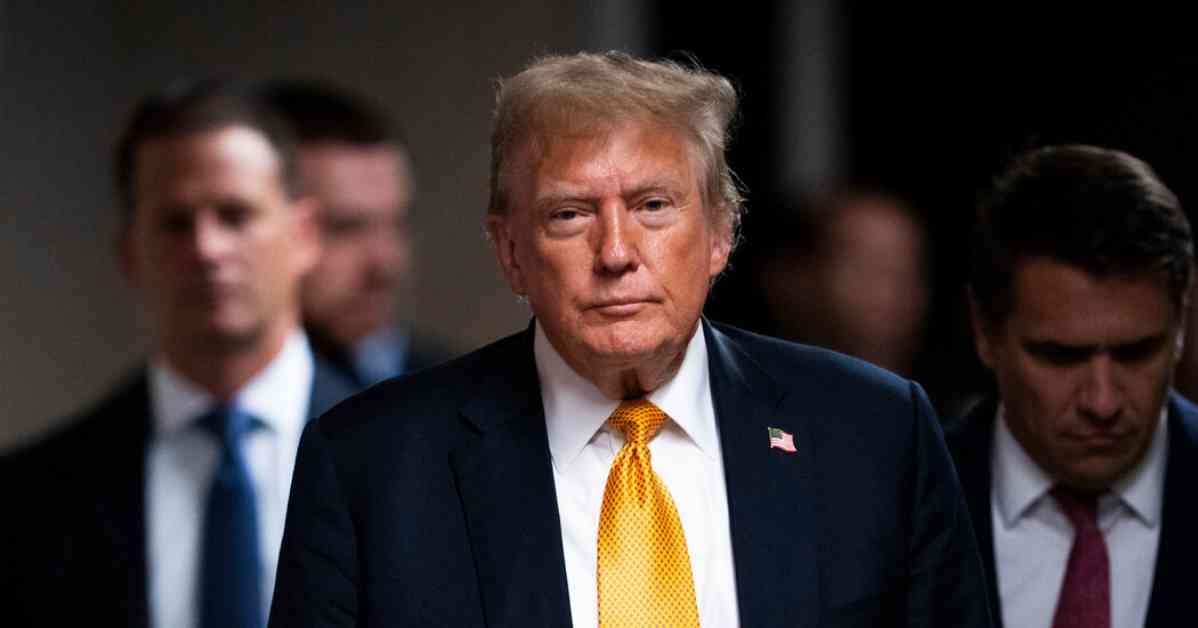Former President Donald J. Trump is making a move to reverse his recent criminal conviction in Manhattan and delay his upcoming sentencing. This action comes in light of a new Supreme Court ruling that granted him immunity from prosecution for official acts he took while in office. Trump’s lawyers have requested permission to file a motion to set aside the verdict, just hours after the Supreme Court’s decision. This letter will not be made public until Tuesday, giving prosecutors a chance to respond.
The conviction in question stems from a case in Manhattan where Trump was found guilty on 34 felony counts related to a cover-up of a sex scandal during the 2016 election campaign. His lawyers have asked the judge to postpone the sentencing scheduled for July 11 while the implications of the Supreme Court ruling are considered.
Although the Manhattan case focuses on Trump’s actions as a candidate, not as president, his legal team may argue that evidence from his time in office was used in building the case against him. The new Supreme Court ruling not only protects a president from prosecution for official acts but also prohibits the use of such evidence to support other charges.
It remains to be seen how the Manhattan district attorney’s office will react to Trump’s efforts to overturn the conviction or if the sentencing will be delayed. The district attorney’s office did not provide a sentencing recommendation to the judge on Monday, as was expected, indicating that Trump’s move has caused a temporary pause in the proceedings.
While it is uncertain how this legal battle will unfold, Trump’s attempt to reverse his conviction showcases the complex interplay between presidential immunity and criminal prosecution. The implications of the Supreme Court ruling will likely be closely scrutinized in this case and could have far-reaching consequences for future legal proceedings involving former presidents. As the legal drama continues to unfold, the public will be watching closely to see how the justice system navigates the intersection of presidential power and criminal accountability.


